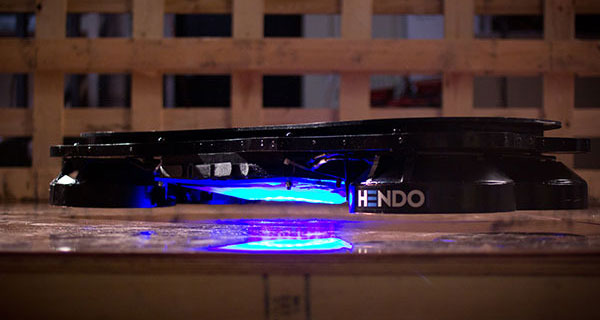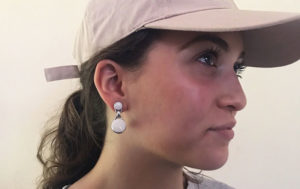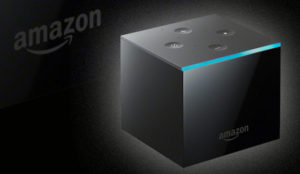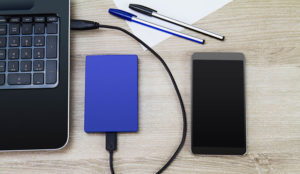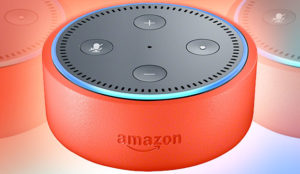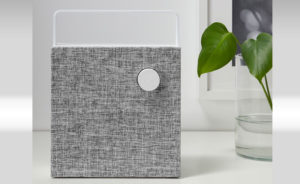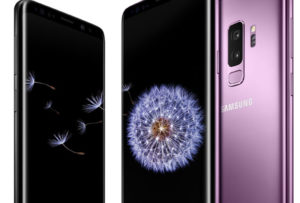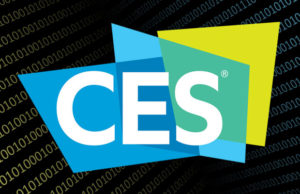This week in Gadget Dreams and Nightmares, a peek at newly announced gadgets that caught my eye, we’re going back to the future.
Yes, there’s an actual hoverboard on the agenda, alongside a larger Nook tablet, a high-end Kindle, smart luggage, and the tipping point for wearable tech.
As always, there are ratings for each item, which are based on how interested I am in using them — they’re not an indicator of each product’s quality.
Hendo Hoverboard
It’s happened. Someone finally has created a real-life, working hoverboard for the general populace to get their hands on.
Hoverboards have been a pipedream for decades, especially invading the public consciousness in the last quarter-century (the period of history known as “After Back To The Future II).
The Hendo Hoverboard, pictured above, actually works. Albeit only over certain metallic surfaces (because it works using magnets). And only an inch above the floor. And for about 15 minutes before the battery dies. We were so close, science.
The creators admit this is more a proof of concept than anything else, with possible practical applications like shifting heavy goods around a factory floor more efficiently.
As soon as the creators conquer the issue and manage to make the price less than my annual rent payments, I would consider grabbing one of these hoverboards and unleashing my inner Marty McFly.
Adorably, those who’ve shelled out US$10,000 for the hoverboard perk will receive their new mode of transport on Oct. 21 next year — the very date McFly travels to in the movie to use his hoverboard for the first time. I almost love everything about this.
Rating: 5 out of 5 Flux Capacitors
Galaxy Tab 4 Nook 10.1
The timing of the latest Nook reveal couldn’t have been tougher. It’s right in that sweet spot between an iPad announcement and the iPad’s on-sale date. Not to mention that Google just unveiled a new tablet as well.
For what it’s worth, the Galaxy Tab 4 Nook 10.1 is a neat-looking tablet. The screen’s now at 10.1 inches, which is surely better for image-rich content, though this is targeted at readers with Nook content placed front and center.

Other than that, it has the same specs as Samsung’s regular old Tab 4 10.1. There doesn’t seem to be much of a unique selling point for anyone except those already invested in the Nook ecosystem or those who are strangely passionate about Barnes & Noble.
It’s hard to see this selling well. For me, at least, it holds little interest.
Rating: 2 out of 5 Good Reads
Kindle Voyage
When Amazon thrust forth a gaggle of new Kindles last month, I glossed over the Kindle Voyage. Now that it’s in the wild, it’s time to take a closer look.

When e-readers are getting ever less expensive and the baseline model is just $79, it’s somewhat puzzling to me why someone might shell out $120 more for this. Especially when Amazon still riddles it with ads (getting rid of them for good costs another $20).
Certainly, a higher resolution might be nice, and for nighttime readers, I’m sure the adaptive light sensor is most welcome.
Rating: 3 out of 5 Dusty Tomes
Bluesmart Suitcase
Packing smartphone-enabled features into common items isn’t always a great idea, but the Bluesmart shows carry-on suitcases are well-suited for Bluetooth functions.
Beyond it’s letting you simply unlock it with your smartphone, it has a proximity feature that locks the case automatically when you stray from it, and an alarm in case you accidentally leave it behind. The digital scale and location trackers are neat touches, though it’s unclear why one would need to track the case’s location when it’s supposed to be a carry-on item.
Smartly, there’s a built-in phone charger, which should make sure you still can open your case if your smartphone has run out of juice.
It’s a nifty little case, by the looks of things. I’m looking forward to getting one and planning a new trip, solely to use it (well, maybe a little for great restaurants at my destination as well).
Rating: 4 out of 5 TSA Scanners
Aposematic Jacket
This is the low point of wearable tech. Shinseungback Kimyonghun deemed fit to unleash this torrent of ghastliness on the world.
It’s a jacket with a bevy of cameras dotted on its front and back, which are hooked up to a Raspberry Pi. The cameras can capture footage from all around the wearer and quickly post it online.
I would be exceedingly uncomfortable around someone wearing this, more so than while in conversation with someone wearing Google Glass.
This has escaped from the darkest corners of Jean-Paul Gauthier’s nightmares. It is hideous. There is no chance I would wear this. Not in this lifetime or the next five.
Thank heavens it’s just art.
Rating: 0 out of 5 Spy Cameras

